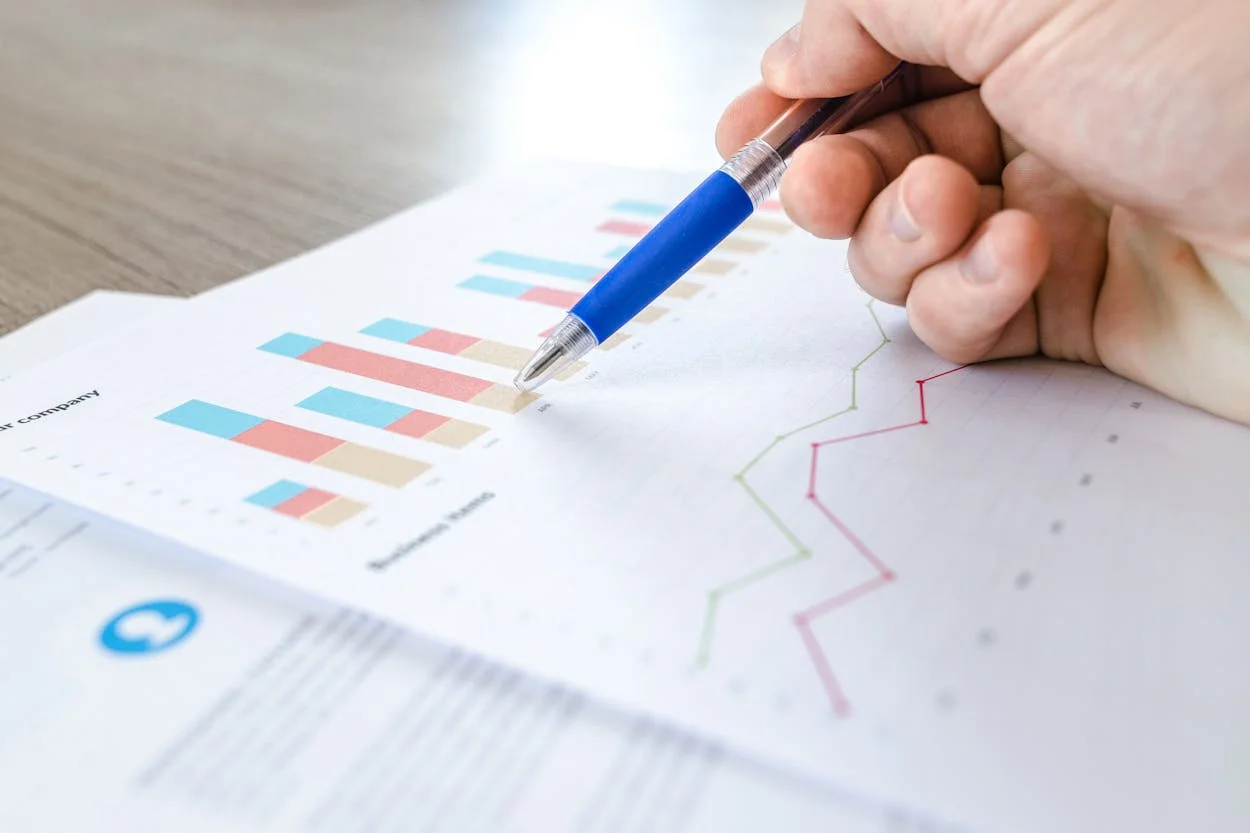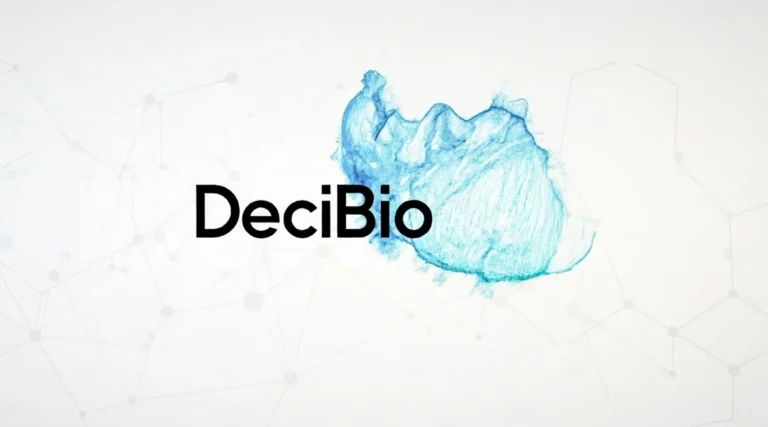
The global antibody drug market was valued at $218.6 billion in 2023 and is projected to expand at a compound annual growth rate (CAGR) of 11.2%, reaching $412.1 billion by 2029.
This growth is fueled by an increase in product approvals and a rising incidence of cancer and autoimmune diseases. However, challenges such as price control pressures and potential side effects of monoclonal antibody (mAb) therapies may hinder market progress.
The report segments the global market based on antibody type, manufacturing process, application, and region. Antibodies are categorized into four types: human, humanized, chimeric, and murine. The human antibody segment, which commanded the largest market share in 2023, is expected to experience a CAGR of 13.4% during the forecast period.
In terms of applications, the segment focusing on autoimmune diseases is anticipated to grow at a CAGR of 10.6%, contributing to 39.5% of the market in 2023, with a projected value of $158.5 billion by 2029.
Regionally, North America held the largest market share at 54.9% in 2023, driven by the presence of major biopharmaceutical companies and an increasing number of product launches. The North American antibody drug market is forecast to rise from $132.2 billion in 2024 to $215.9 billion by 2029, at a CAGR of 10.3%. Meanwhile, the European market is projected to grow from $71.6 billion in 2024 to $126.9 billion by 2029, with a CAGR of 12.1%.
Prominent players in the global market include F. Hoffmann-La Roche Ltd., Johnson & Johnson Services Inc., AbbVie Inc., Merck KGaA, and Amgen Inc.
Report Overview
This study provides a comprehensive overview of antibody drugs, highlighting their critical role in the pharmaceutical and biopharmaceutical sectors. It assesses the therapeutic applications of monoclonal antibodies (mAbs) in human medicine, particularly when combined with cytotoxic agents in antibody-drug conjugates (ADCs).
The report includes market analyses and forecasts for various applications, examining the regulatory landscape, new products, and technological advancements. Additionally, it features profiles of leading companies in the antibody drug industry, such as AbbVie Inc., Amgen Inc., Johnson & Johnson Services Inc., F. Hoffmann-La Roche Ltd., and Merck KGaA.
Monoclonal antibodies are increasingly utilized in treating chronic diseases. This report focuses on the global antibody drug market, providing an updated overview of their applications across several disease categories, including autoimmune diseases, solid tumors, lymphoma, leukemia, and other conditions such as asthma, osteoporosis, and cardiovascular diseases.
Key Features of the Report:
- 76 data tables and 55 additional tables
- An updated review of the global antibody drug market
- Analysis of global market trends, including data from 2021-2023, estimates for 2024, and CAGR projections through 2029
- Evaluation of the overall antibody drug market, along with market share analysis by type, manufacturing process, application, and region
- Insights into antibody functions compared to antigens, and a discussion of mAbs, including their history, advantages, disadvantages, types, manufacturing technologies, and applications
- Coverage of new approvals, recalls, safety alerts, and clinical trials involving mAbs, along with technical issues related to human anti-mouse antibody (HAMA) and factors affecting mAb drugs
- Assessment of key technologies for formulating antibody drugs in relation to biotechnology, immunology, pharmaceuticals, and biodefense
- Exploration of market dynamics, opportunities, challenges, and emerging technologies
- Overview of sustainability trends and ESG developments within the industry, highlighting leading companies’ practices and consumer attitudes toward ESG ratings
- Competitive intelligence, including market shares, recent mergers and acquisitions (M&A), and venture funding
- Profiles of leading companies, including F. Hoffmann-La Roche Ltd., Johnson & Johnson Services Inc., AbbVie Inc., Merck KGaA, and Amgen Inc.





